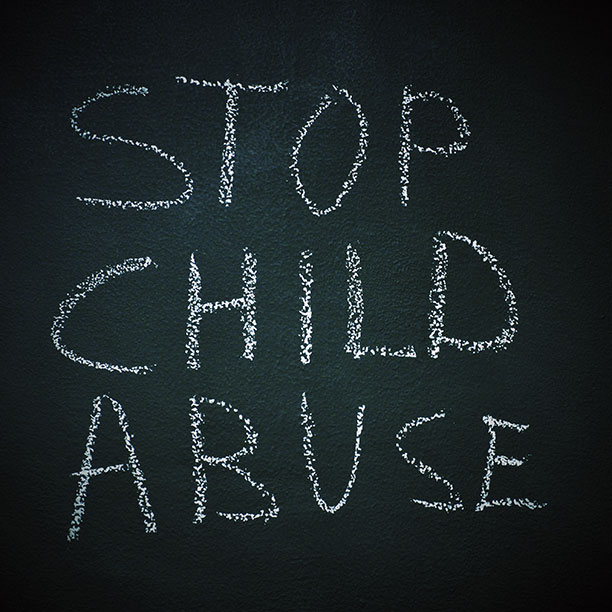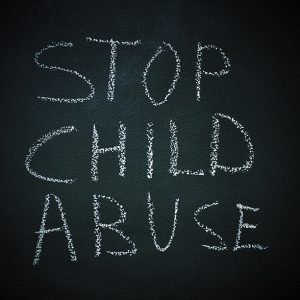
By Amy Kimmes and Patrick Moreland
 Sexual abuse of a child is an unthinkable crime. Yet, it happens more frequently than anyone would suspect. All too often, the person who commits the abuse is in a position of trust and frequent contact with children, such as a child care worker, teacher, camp counselor or clergy.
Sexual abuse of a child is an unthinkable crime. Yet, it happens more frequently than anyone would suspect. All too often, the person who commits the abuse is in a position of trust and frequent contact with children, such as a child care worker, teacher, camp counselor or clergy.
You can help minimize the chances for this to happen at your church.
Selecting employees and volunteers
Many sexual abuse cases involving church employees and volunteers could have been prevented through a screening process. Consider the following guidelines when hiring employees or seeking volunteers to work with children. Be sure to consult an attorney about criteria that can and cannot be used in the employment process in your state and denomination.
All candidates should complete an employment application. Include questions about:
• Current and previous residence addresses
• Current and previous employment
• Names and addresses of schools attended, with date of graduation (and degree earned) or last attendance
• References from employers and organizations that serve children
• Pending criminal charges or history (where not prohibited by law).
Pay attention to any gaps in time, irregular employment patterns or unexplained absences, and pursue them.
Contact in writing all listed references and employers. Keep their responses in a file, and make a follow-up telephone call to non-respondents. Make note of any information the contact was unwilling to provide, and discuss discrepancies with the applicant.
Have an associate participate in the interview. A second opinion is helpful.
If you offer a position, ask for a set of fingerprints. It could cause people with criminal records to withdraw from the employment process.
Conduct a national criminal background check.
Prepare your church in advance
Learn what your legal and religious obligations are before a case arises, and develop procedures for handling a report. Know your state’s laws on mandatory reporting. All states have them, and in most states, teachers, child care workers and certain counselors are required to report suspected cases of child abuse. Ministers are mandatory reporters in many states. Check with an attorney in your state, if you aren’t sure of the requirements.
Guidelines for people who work with children
• Designate two confidential counselors to whom any child might go to discuss any problem.
• Make sexual abuse awareness part of an annual program.
• Establish a policy of conducting fair and discreet investigations of all alleged incidents.
• Encourage employees and volunteers to limit physical contact with children.
• Require activities be done in an open area or room, and not in a private office.
• Require activities involving children to have a minimum of two unrelated adults present at all times.
• Periodically inspect areas where sexual abuse might occur.
• Install windows in classrooms, and keep doors open.
• Pay close attention to adults who spend considerable off-duty time with the same child or children.
• Develop and communicate a written standard of conduct for adult / child relationships during and after working hours.
• Include guidelines for transportation of children.
• Communicate to your staff that these guidelines are for their benefit, as well as the children and church.
If it happens at your church
If you discover, or have reason to believe, a case of sexual abuse has occurred or is occurring:
• Notify the appropriate authorities immediately.
• Notify your liability insurance company.
• Ask the police for approval before speaking with the accused person. The police might want to conduct their own interviews first.
• If you have written policies and procedures for when an allegation has been made, follow them.
• Suspend (with pay for paid employees) the alleged offender while the investigation is conducted.
The guidelines in this article are not all-inclusive, and some might not be appropriate for your particular situation.
Patrick Moreland is a vice president of Church Mutual Insurance Company in Merrill, WI. Amy Kimmes is editor of Church Mutual’s Risk Reporter newsletters.


